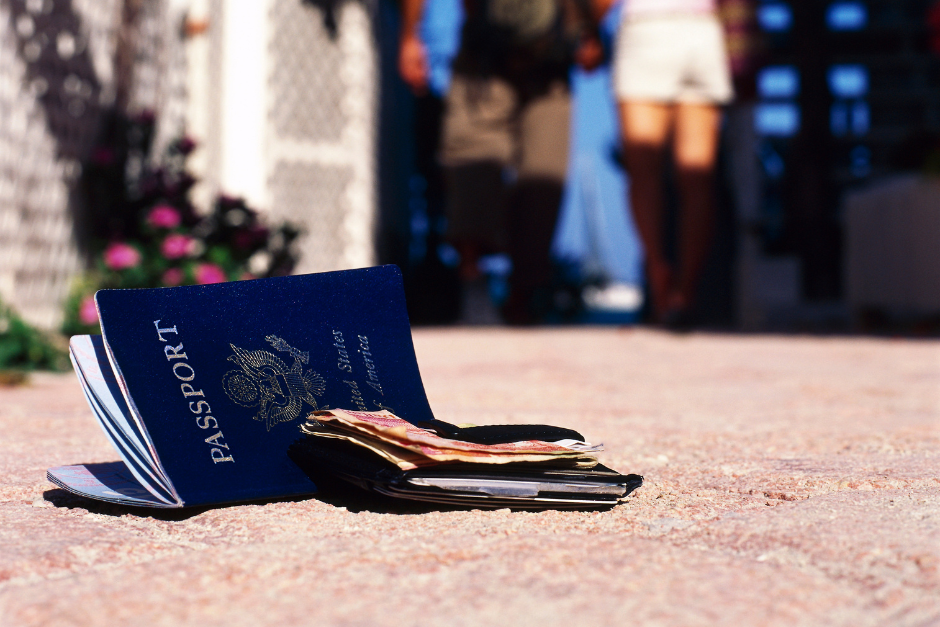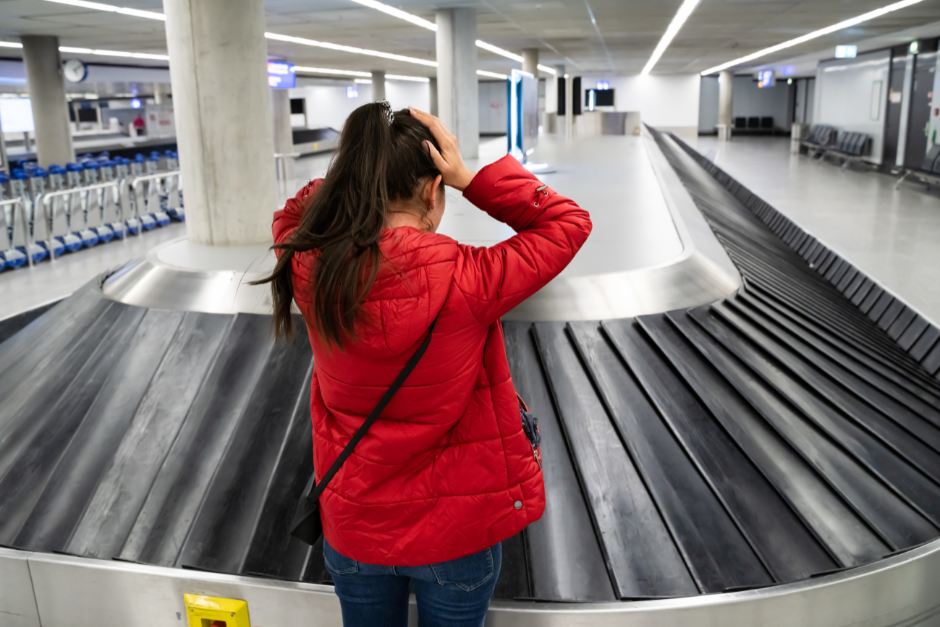
Traveling is an exhilarating adventure, but even the best-laid plans can encounter unexpected hiccups. Knowing what to do in common travel emergencies can help you stay calm and handle the situation with confidence. Here’s a guide to navigating some of the most frequent travel challenges, from canceled flights to lost passports, so you can focus on enjoying your journey.
Canceled or Missed Flights

Day of Departure Flight Changes or Cancellations
- Head Straight to the Airline Desk: Once travel has commenced, the airline’s airport desk is your first point of contact. Often, they have already arranged alternative flights for affected passengers.
- Check the Airline’s App or Website: If you prefer to explore your options digitally, the airline’s app or website might show available rebooking options.
- Contact Your Travel Agent: While airline desks offer the quickest rebooking options, your travel agent can also assist, especially if you need to coordinate with hotels or transfers.
- Rebook and Notify: Once you’ve secured a new flight, let your travel agent know so they can update your transfer company or hotel with your revised arrival time.
Return Flight Changes or Cancellations
- Follow the Above Steps: The process remains the same—head to the airline desk, check online, and contact your travel agent as needed.
- Request a Distress Rate: If your resort stay is impacted, head to the front desk and ask for a Distress Rate. Resorts usually only offer these rates directly to customers, not through travel agents or tour operators.
- Additional Support: If the front desk is unable to assist, your travel agent can help explore other options.
Lost Passport

Losing your passport can be one of the most stressful travel emergencies, but it’s important to act quickly and follow these steps:
- Report the Loss: Immediately report your lost passport to the local authorities and the nearest embassy or consulate of your home country. This step is crucial for both documenting the loss and preventing identity theft.
- Get a Replacement: The embassy or consulate will guide you through the process of obtaining an emergency passport. You’ll likely need to provide identification, passport photos, and fill out some forms.
- Contact Your Travel Agent: If you need to adjust your travel plans due to the delay, your travel agent can help rebook flights or extend your accommodations.
- Keep Copies: Before traveling, always keep a copy of your passport and other important documents in a separate location from the originals, as well as digital copies accessible online.
Lost Luggage

Few things are more disheartening than arriving at your destination without your luggage. Here’s what to do:
- File a Report Immediately: Don’t leave the airport before filing a report with the airline. They will give you a reference number for tracking your luggage.
- Ask for Compensation: Airlines are required to compensate passengers for lost, damaged, or delayed luggage. Keep all receipts for essentials purchased while your bag is missing, as these may be reimbursable.
- File an Insurance Claim: If your luggage is officially declared lost, file a claim with your travel insurance for additional compensation.
- Prevention Tips: Consider packing a luggage tracker in your checked bag. Always keep essential items, such as medications and a change of clothes, in your carry-on.
Medical Emergencies

A medical emergency in an unfamiliar location can be overwhelming, but these steps can help you manage the situation effectively:
- Seek Immediate Help: Don’t hesitate to seek medical attention. Call the local emergency number, or ask hotel staff to help you get to the nearest hospital.
- Contact Your Travel Insurance Provider: Before traveling, make sure you have comprehensive travel insurance that covers medical emergencies. If something happens, contact your provider as soon as possible for guidance and to ensure coverage.
- Notify Your Embassy: If the situation is severe, contact your country’s embassy or consulate for support. They can assist with communication, help coordinate medical care, and, in extreme cases, arrange evacuation.
- Keep Important Documents Handy: Always carry your travel insurance details, a list of any medications you take, and your emergency contact information with you.
Final Thoughts
Travel emergencies can happen to anyone, but knowing what to do can turn a potential disaster into a manageable inconvenience. By staying prepared, you can handle unexpected situations with grace and keep your journey on track. And remember, your travel agent is just a call away to help guide you through any bumps in the road.
Happy travels, and may your journeys be smooth and full of joy!
